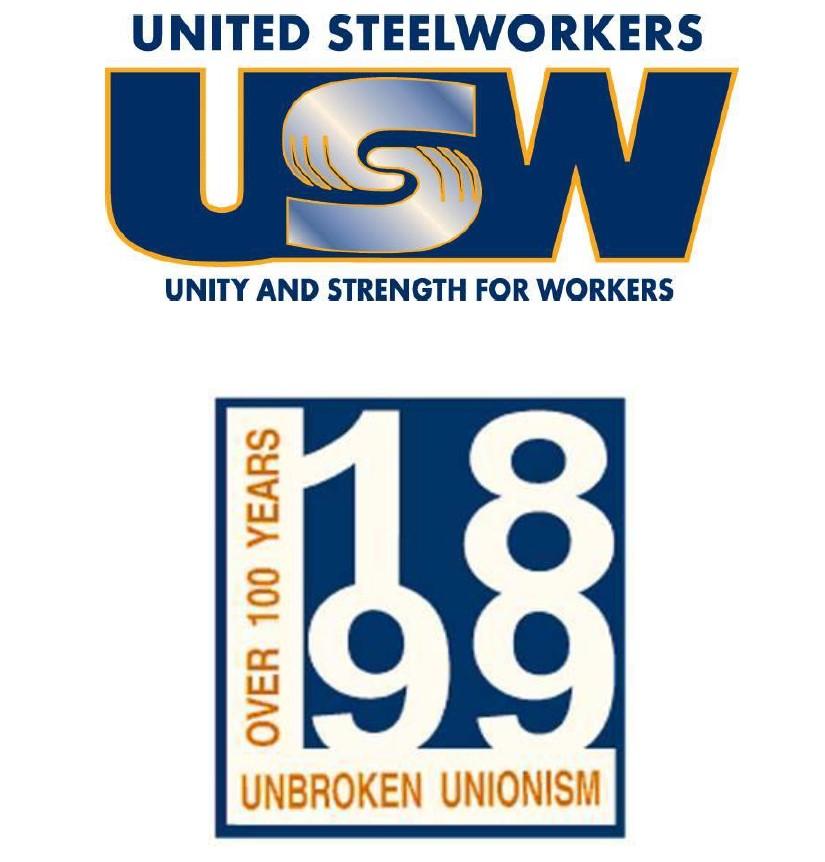- Mary-Marta Briones-Bird of Local 1998 Ensures Pay Equity for Workers at University of Toronto
- America’s Backbone
- USW on International Women’s Day: We proudly recommit to righteous fight for gender parity
- Salt of the Earth
- Rapid Response Action Call: Speaker Matt Hall is Breaking the Law and Michigan Workers Pay the Price
